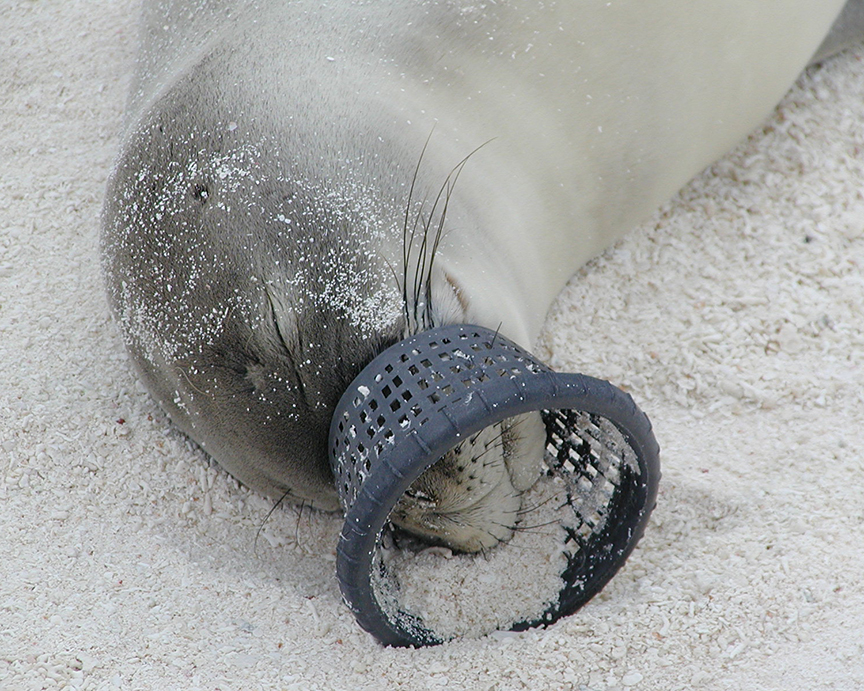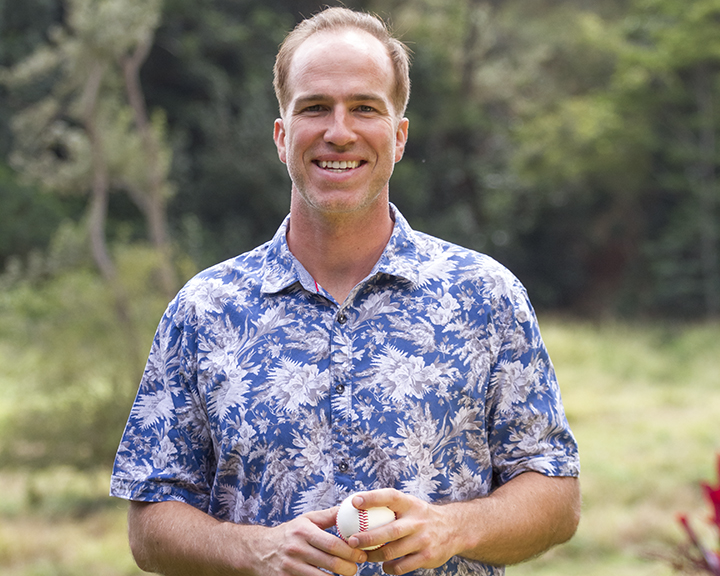By Uma Sivanathan
 I have been viewing the online docu-series “Immune Defense Summit,” hosted by Johnathon Lansman, creator of www.healthmeans.com. I am excited to share what I have learned.
I have been viewing the online docu-series “Immune Defense Summit,” hosted by Johnathon Lansman, creator of www.healthmeans.com. I am excited to share what I have learned.
During Lansman’s interview with Dr. Tom O’Brian, they discussed the correlation between the health of our gut (our microbiome) and the health of our immune system. I learned 70 percent of our immune system is in our gut, which is home to approximately 100 trillion good and not-so-good bacteria. The good bacteria help to digest, absorb and assimilate nutrients that are vital to our health. A strong immune system in our microbiome will keep the not-so-good bacteria in check.
O’Brian said that there is an epidemic of autoimmune diseases throughout the world. Through his years of research and clinical experience, he found ways to arrest and reverse the development of these diseases by addressing factors that contribute to them. O’Brian advises us to look at the big picture, because usually there is more than one factor affecting the health of our immune system and our overall wellbeing.
Our food, air and water are essential factors affecting our health. In a scientific study conducted with children in Mexico City, every single child tested through their blood or urine had evidence of early Alzheimer’s disease. This was attributed to air pollution.
In another clinical trial, Dr. Bredesen completely arrested and reversed Alzheimer’s disease in the participants during his five-year study. He had an incredibly high success rate by giving his patients a checklist of 37 lifestyle factors that could be contributing to their health challenges. The checklist included where they lived, the air they breathed, the food they ate and if they had mold in their homes.
O’Brian suggests those who want to arrest and recover from autoimmune diseases should tackle the biggest contributing factors first, such as reducing low-level mold exposure in their homes. Mold accumulates in the lungs and goes into the brain. He advised to not wait until the 11th hour and then get a diagnosis of an autoimmune disease before deciding to change our lifestyle.
O’Brian said scientists have discovered our intestinal lining is like a “cheesecloth.” For us to get the necessary nutrition from the food being digested in our intestinal tract, amino acids from the breakdown of proteins need to be made into particles small enough to pass through the cheesecloth-like intestinal wall lining to our blood stream. When there are tears in the intestinal lining, leaky gut occurs and clumps of amino acids — instead of the normal small particles — pass through the intestinal wall.
When this happens, the immune system reacts as if these unnatural clumps are foreign invaders in the body, and it creates antibodies against them. This reaction can cause inflammation, allergies, skin conditions, bloating and congested liver, leading to constipation and debilitating autoimmune diseases such as rheumatoid arthritis, lupus and Crohn’s disease.
Wheat products containing gluten, chiefly those with GMO wheat, are top on O’Brian’s list to eliminate from our diet for a couple of weeks. He suggests reintroducing good quality, organically grown sprouted wheat products into our diet. Non-organically grown wheat is most likely GMO and has been sprayed twice with the herbicide Round-up, which contains glyphosate. Hundreds of studies show glyphosate destroys the gut bacteria in our microbiome, including all of the good bacteria, which is necessary for good digestion. Studies also show glyphosate opens the blood/brain barrier, allowing the very toxic heavy metals mercury and aluminum to cross over into the brain, contributing to the development of Alzheimer’s, dementia and autism.
Other food products that can contribute to leaky gut include those made from soybeans, peanuts and potatoes. O’Brian said not everyone is affected the same way by the same foods. The elimination and reintroduction process of a particular food for a specific period of time should reveal the effect of that food on the digestive and immune systems and overall wellbeing.
Dr. Melissa Arbuckle conducted a study of patients diagnosed with lupus, at the Veterans Administration Center in her area. She discovered the U.S. government had taken at least 10 million blood samples from soldiers in the armed forces and then froze them for later research purposes. Arbuckle was given permission to test the blood samples from the veteran patients she was seeing at the VA Center, who had been diagnosed with lupus.
Arbuckle found 17 different anti-bodies present in the patients’ blood samples. She also found the level of those anti-bodies were elevated an average of seven years before symptoms occurred.
O’Brian said under normal circumstances, our bodies’ self-healing mechanism regularly gets rid of old and damaged cells, and makes new cells. We basically have a new body every seven years. With an autoimmune disease, elevated anti-bodies kill off more cells faster than our body can make new ones, resulting in damage to our tissues and organs. The most susceptible organs to this damage are our heart and brain.
In the cases of Alzheimer’s, damage can start in our 20s or 30s, although it can take decades to produce symptoms that lead to diagnosis.
Luckily, we now have Predictive Autoimunity Blood tests that can determine if we are likely to develop an autoimmune disease and which organ it will affect.
This blood test can predict who will develop rheumatoid arthritis (88 percent accuracy) and diabetes within 14 years. The test also predicts 100 percent chance of developing Chrohn’s Colitis within three years for those with a chronic yeast overgrowth in the intestinal tract.
O’Brian strongly advises everyone to keep inflammation in the body at bay. The foods he suggests to avoid are colas, wheat (especially GMO), white processed flour and sugary products. During her interview with Lansman, Dr. Ellen Jensen adamantly recommended avoiding high-sugar foods. She said refined sugar, especially the sticky kind like corn syrup, makes our bile sticky and causes hardening of the liver, compromising the functioning of this important organ.

Uma Sivanathan
Lastly, O’Brian said the foods to include in our diet are pro-biotics, such as kim chi, sauerkraut and other fermented veggies. In his book, Auto-immune Disease Solutions, O’Brian reveals many more ways to arrest and reverse autoimmune diseases.
Other valuable websites and books on the topic of immune system: Dr. Susan Blum at blumhealthmd.com and her book, Immune System Recovery Plan; Dr. Stuart Nunnally at healthysmilesforlife.com and his book, Dental Dangers: Roots of Disease; Marjorie Wildcraft at grownetwork.com; Dr. Daniel Pompa at drpomp.com; Dr. David Jockers at drjockers.com and his book, Supercharge Your Brain; Wendy Myers at myersdetox.com; Dr. Gerald Smith’s book, Reversing Cancer; Dr. Edward Group at globalhealingcenter.com; The book Building Biology about creating a chemical-free home environment; Robin Openshaw at greensmoothiegirl.com; and Environmental Working Group at ewg.org.
- Uma Sivanathan is the founder of the nonprofit organization Mana‘olana Center For Health and Healing. She can be reached at manaolanacenter@gmail.com
Discover more from ForKauaiOnline
Subscribe to get the latest posts sent to your email.





Leave a Reply